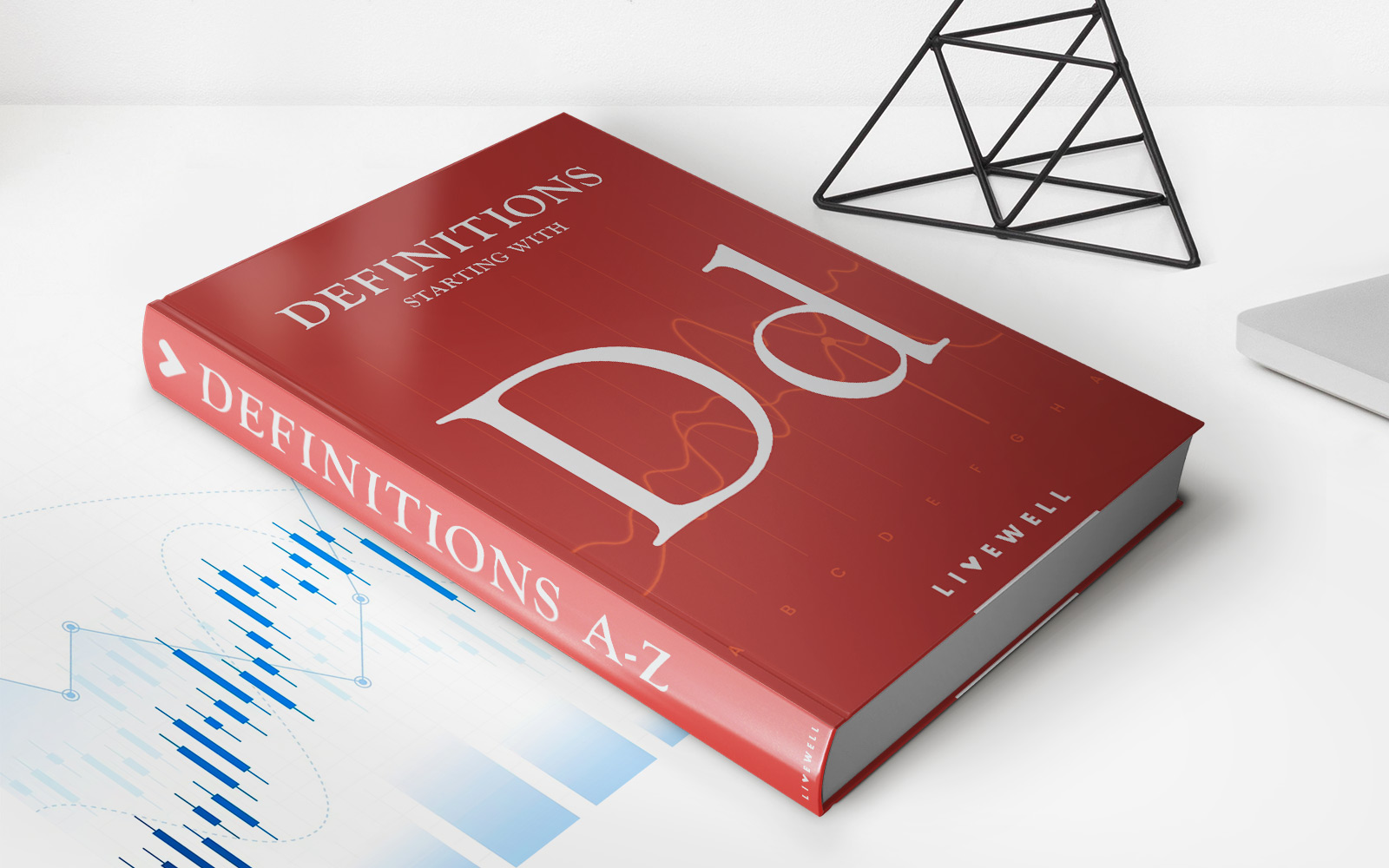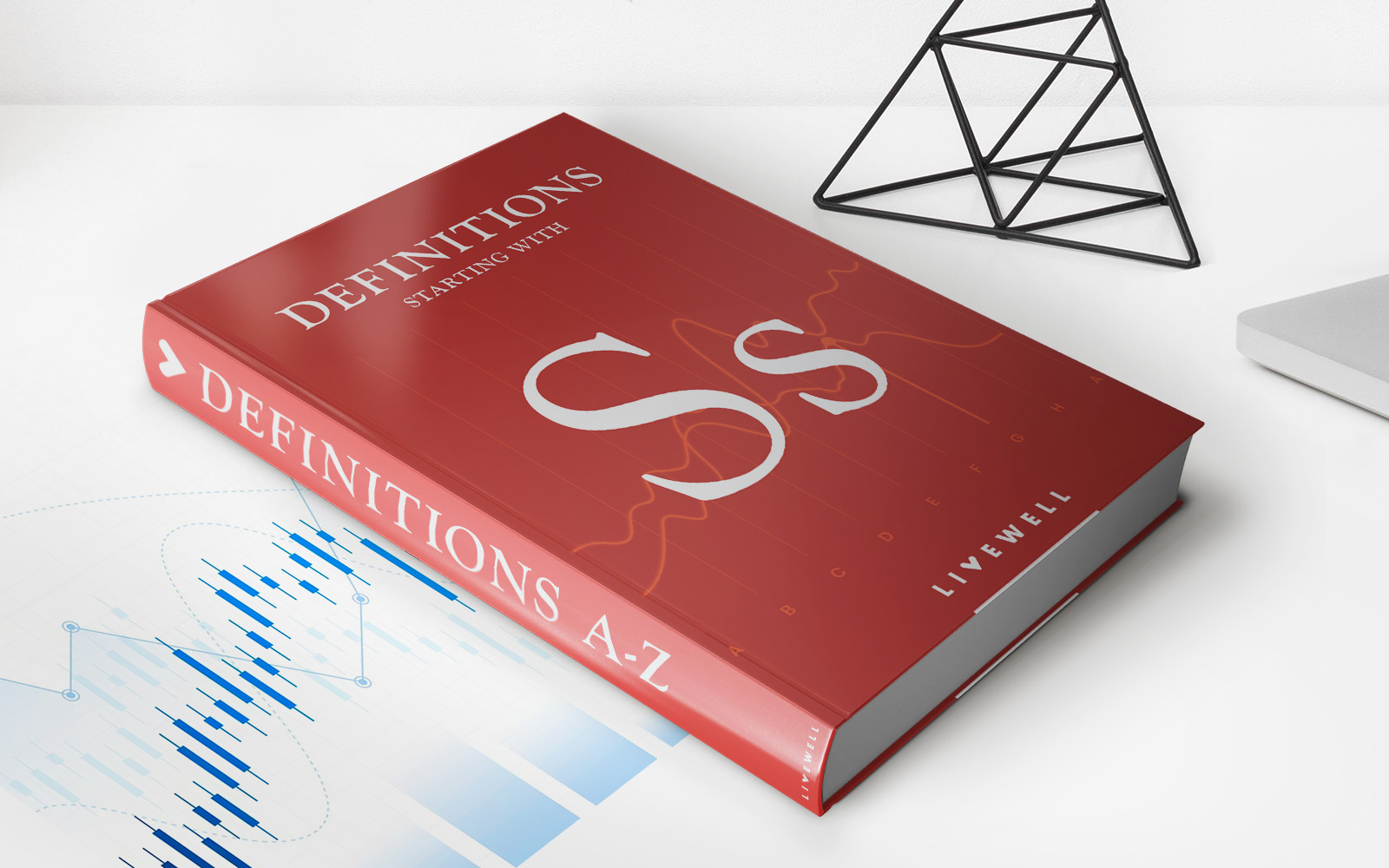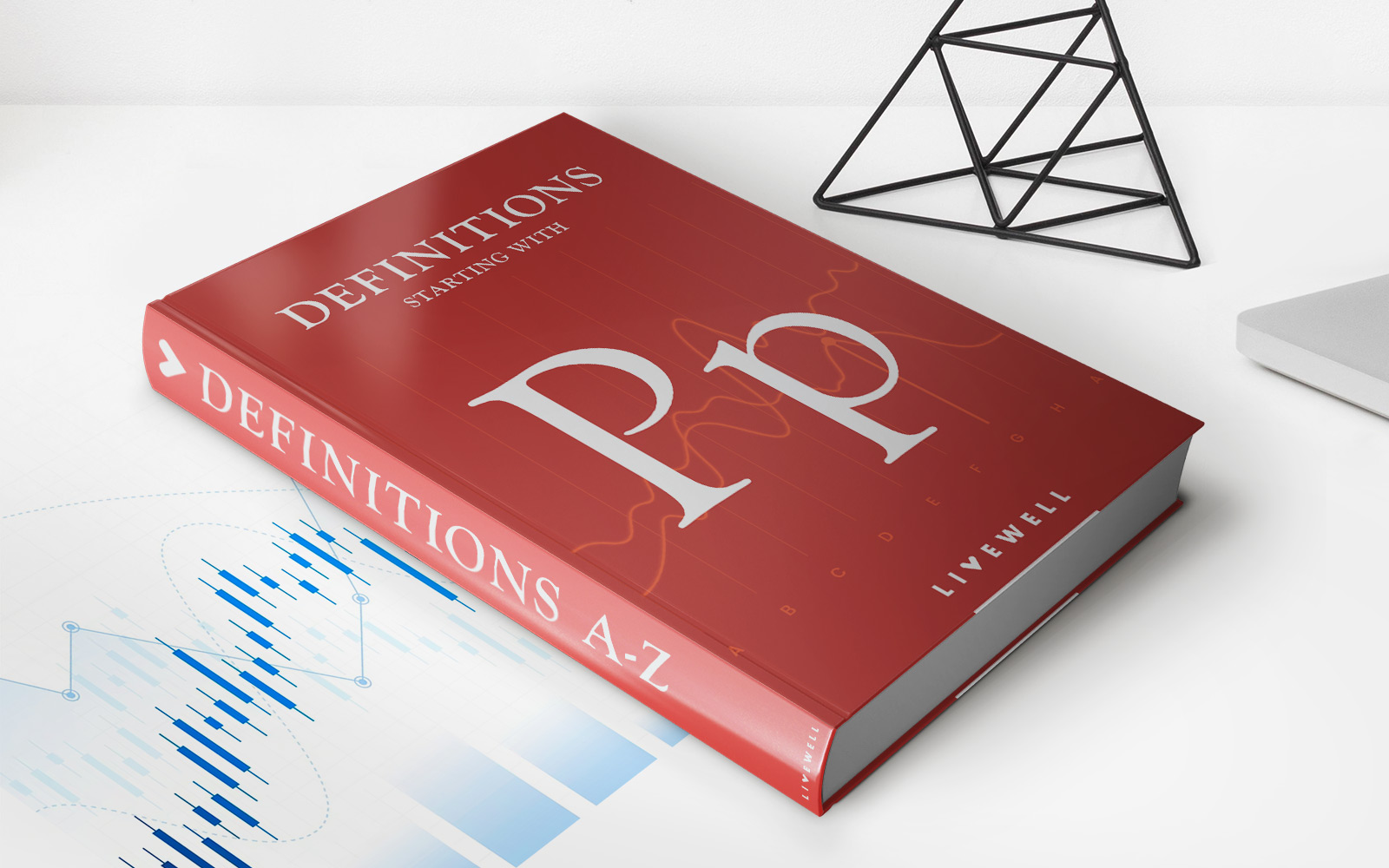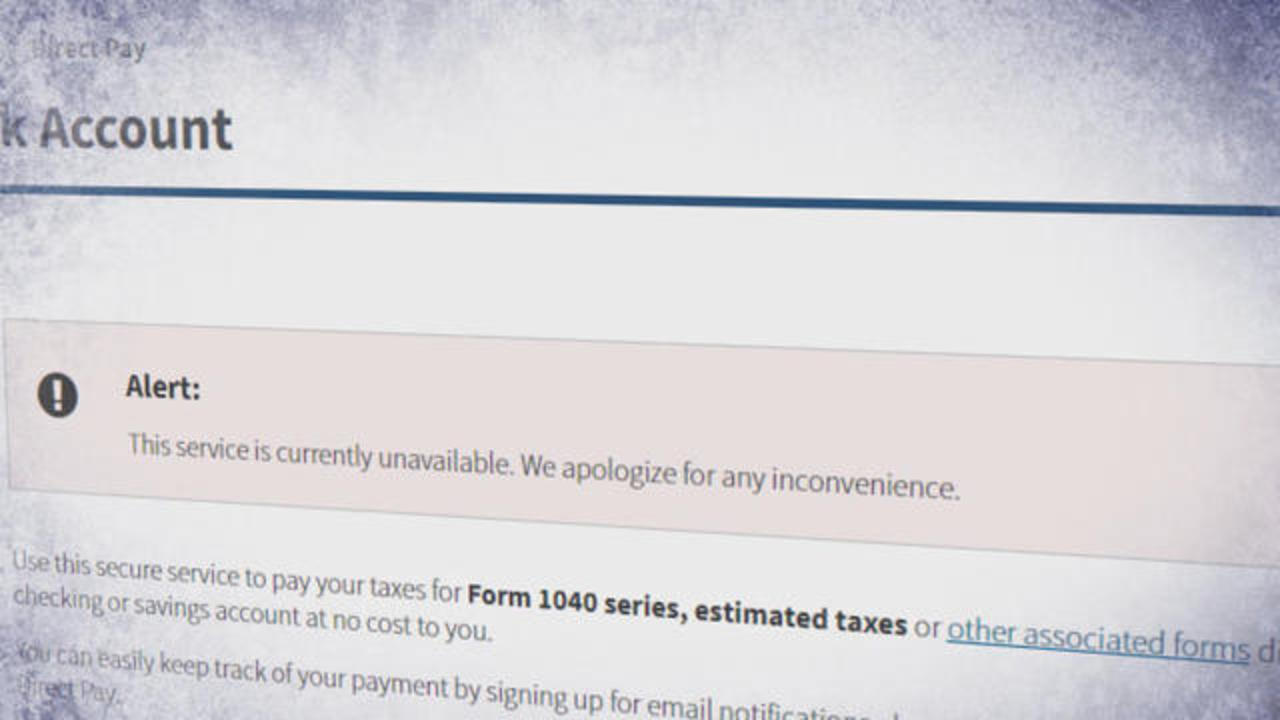

Finance
DownREIT Definition
Published: November 14, 2023
Learn the definition of DownREIT in the world of finance and how it impacts real estate investment. Gain insights into this financial strategy.
(Many of the links in this article redirect to a specific reviewed product. Your purchase of these products through affiliate links helps to generate commission for LiveWell, at no extra cost. Learn more)
Understanding DownREIT: A Comprehensive Guide to Real Estate Finance
Are you looking for a way to diversify your investment portfolio? Searching for alternative options in the real estate sector? Then you’ve come to the right place! In this blog post, we will explore the concept of DownREIT and its potential benefits in the world of finance. Whether you’re an experienced investor or just starting out, read on to discover how DownREITs can provide you with a unique opportunity to maximize your investment returns.
Key Takeaways:
- DownREITs allow investors to indirectly invest in commercial real estate properties without owning physical assets.
- Investors in DownREITs can benefit from potential tax advantages and the ability to diversify their investment portfolios.
So, what exactly is a DownREIT? In simple terms, a DownREIT, or Down Real Estate Investment Trust, is a financial vehicle that allows investors to indirectly invest in commercial real estate properties. Unlike traditional REITs, which own properties directly, DownREITs utilize a structure that involves partnerships between the REIT and property owners. This structure allows property owners to contribute their assets to the DownREIT in exchange for ownership interests.
Now, you may be wondering what the benefits of investing in a DownREIT are. Here are the key advantages that attract many investors:
1. Diversification:
Investing in a DownREIT provides you with an opportunity to diversify your investment portfolio. By investing in multiple properties across different regions, industries, and asset classes, you can spread your investment risk and potentially reduce exposure to market fluctuations in a specific area.
2. Potential Tax Advantages:
Another attractive feature of DownREITs is the potential tax advantages they offer. Since DownREITs distribute most of their income to investors, they are not typically subject to corporate taxes at the entity level. Instead, investors are taxed individually on the income they receive. Additionally, DownREIT investors may also benefit from depreciation deductions, which can help offset taxable income.
In conclusion, DownREITs provide investors with a unique opportunity to indirectly invest in commercial real estate properties, offering potential benefits such as diversification and tax advantages. Whether you’re a seasoned investor looking to expand your portfolio or a beginner exploring new investment options, considering a DownREIT could be a smart financial move.
Remember, each investment carries its own risks, and it’s essential to conduct thorough research and seek advice from a financial professional before making any investment decisions. With careful consideration and the right strategic approach, a DownREIT investment could help you achieve your financial goals. So, why not explore this intriguing avenue of real estate finance today!














